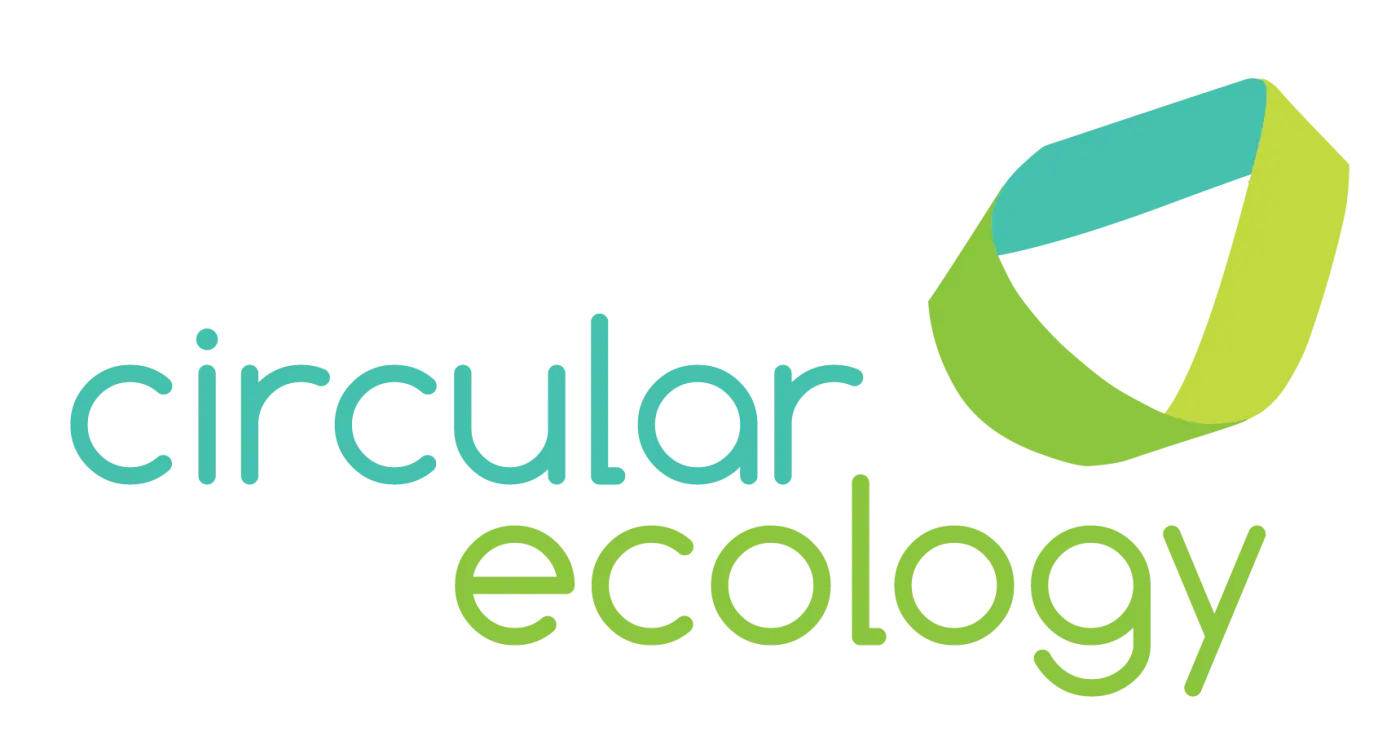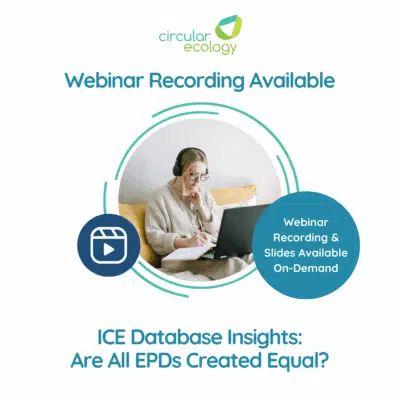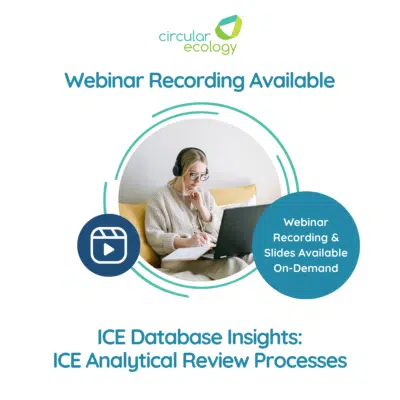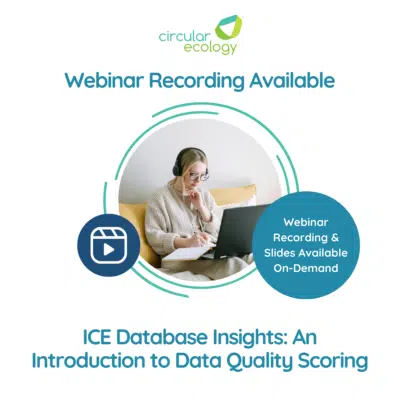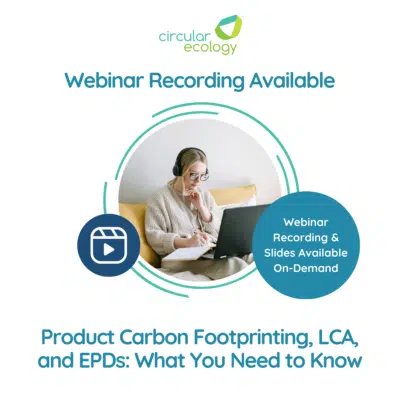Carbon Offsets - Solar Cooking
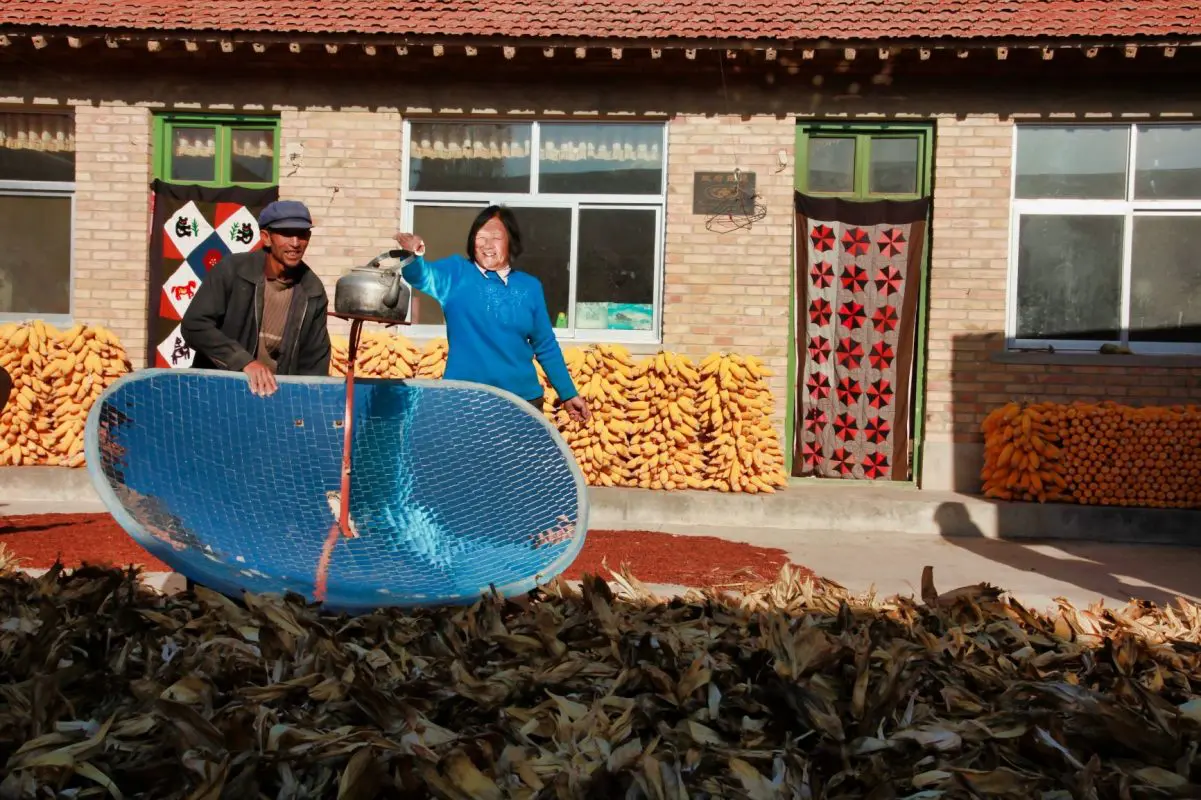
Solar cooking offers a completely clean and environmentally friendly method of cooking. Around the world, over 3 billion people are estimated to cook on an open fire. This is not only inefficient, but also contributes to deforestation and is a leading cause of indoor air pollution. Not only is solar cooking clean and emission free, but it saves household money that would have otherwise been spent on fuel. This allows the household to spend more of their income on essentials, clothing, food, medicine, education and more.
Solar cooking carbon offset credits are available to the Gold Standard and Verified Carbon Standard carbon offset schemes.
Gold Standard – Solar Cooking To Support Refugees
The solar cooking for refugees carbon offset project is a Gold Standard project. The project has distributed around 50,000 smoke free solar cookers across six refugee camps in Darfur.
The CooKit solar cookers vastly improve the livelihoods of refugees. One of the main social benefits of providing solar cooking equipment is the safety of not having to leave the refugee camp to collect increasingly scarce firewood. This task typically falls to women, who would fear for their safety when leaving the refugee camp to collect fuel.
This project provides refugees with the necessary knowledge, materials and training to make their own solar cooking equipment. Due to the climate in middle Africa, the solar cookers can be used for ~330 days per year.
Benefits of these Gold Standard Carbon Credits
There are many wider social, environmental and economic benefits for this project. These include:
- Female empowerment: Improved safety and saving time
- Clean and smoke free cooking: No use of dirty fuels and no smoke produced in the cooking process
- Improved health: Indoor smoke from cooking has been estimated by the WHO to be responsible for 1.9 million deaths in Africa each and every year
- Reduces conflict: Firewood in the region is increasingly scarce. Avoiding the need of the local wood resource, avoids conflict with the local population
- Reduced deforestation: More than 50% of the local vegetation saved
- Supports education for children
Video: Solar Cooking for Refugees
Benefits Against UN Sustainable Development Goals
This Gold Standard carbon offset project, solar cooking for refugees is aligned with the following UN Sustainable Development Goals:
- UN SDG 1 – No Poverty
- UN SDG 3 – Good health and well-being
- UN SDG 5 – Gender equality
- UN SDG 7 – Affordable and clean energy
- UN SDG 8 – Decent work and economic growth
- UN SDG 13 – Climate action
- UN SDG 16 – Peace, justice and strong institutions
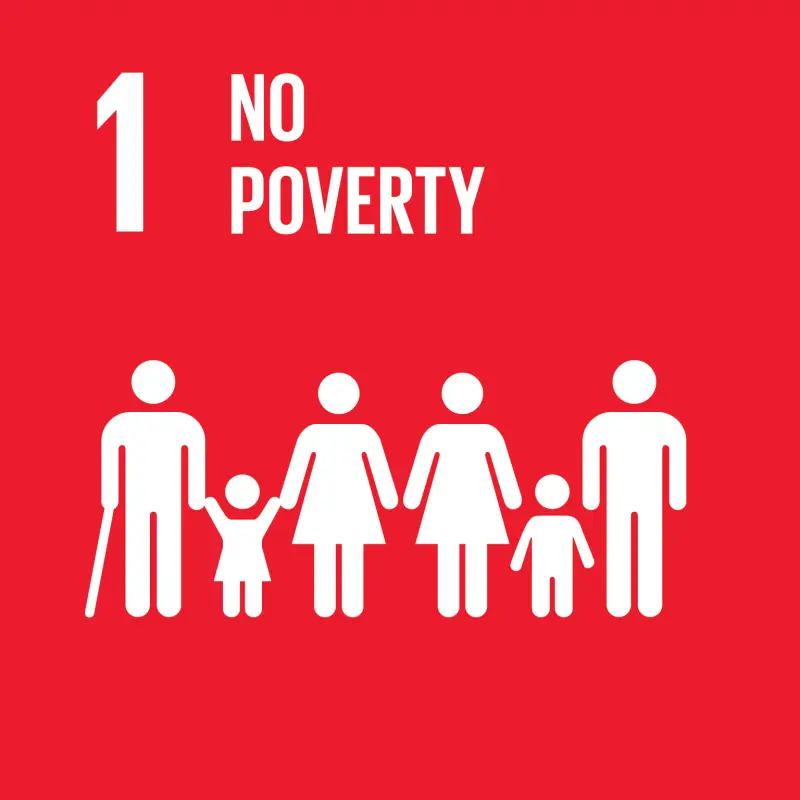
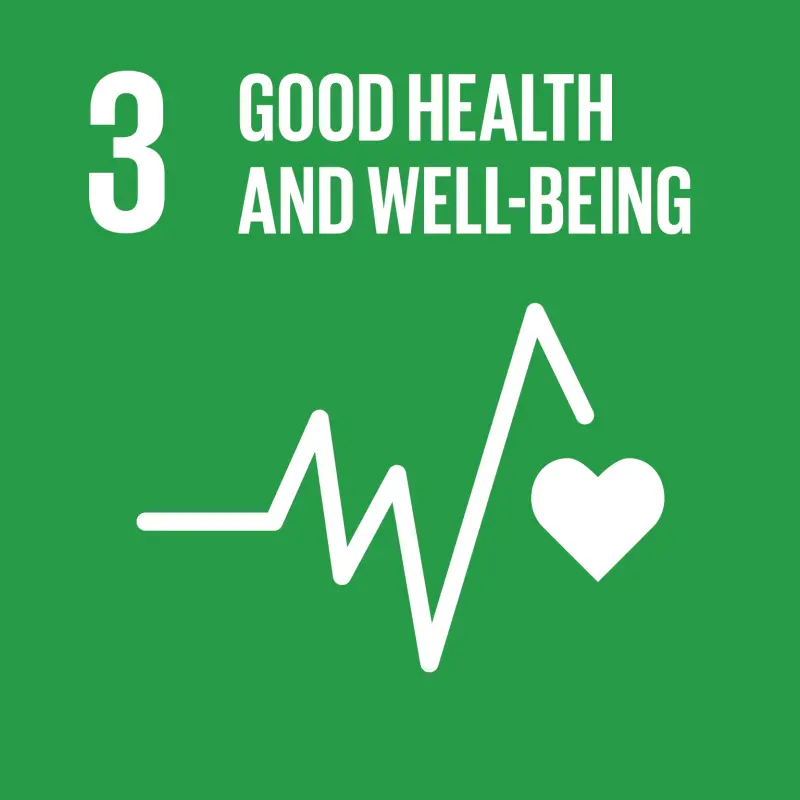
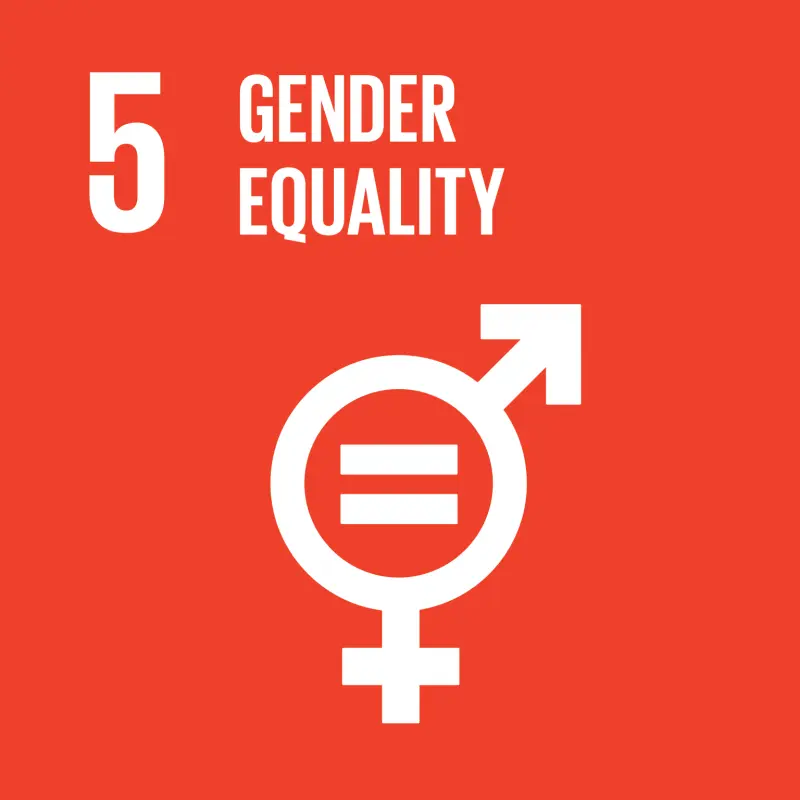
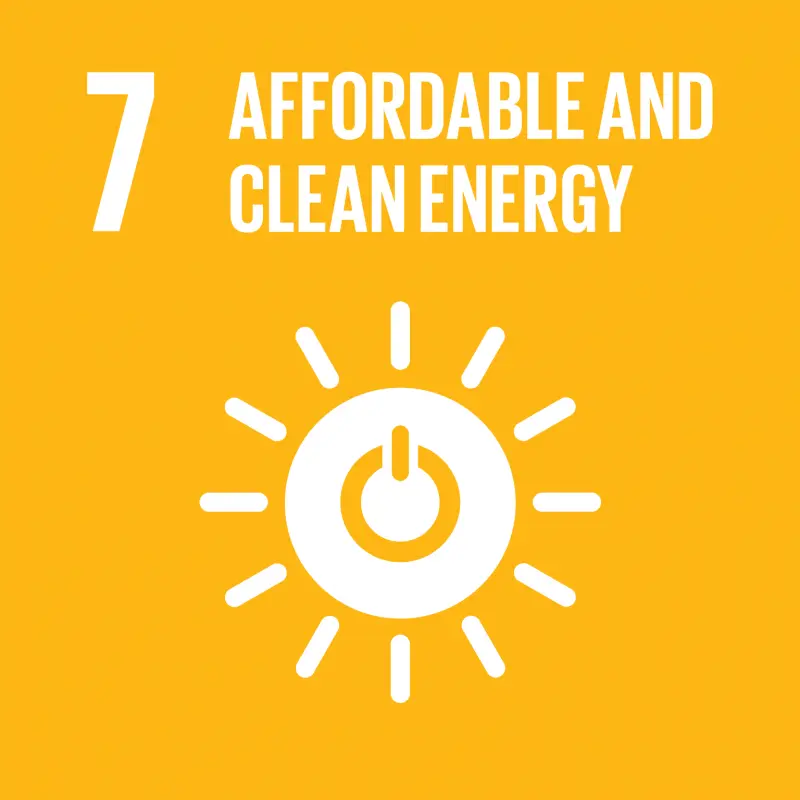
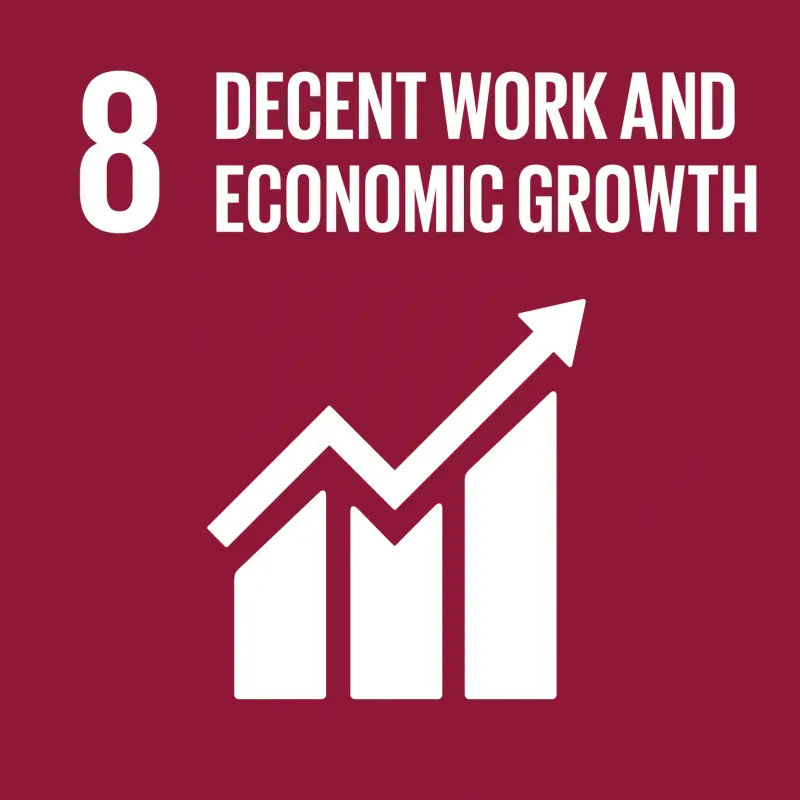
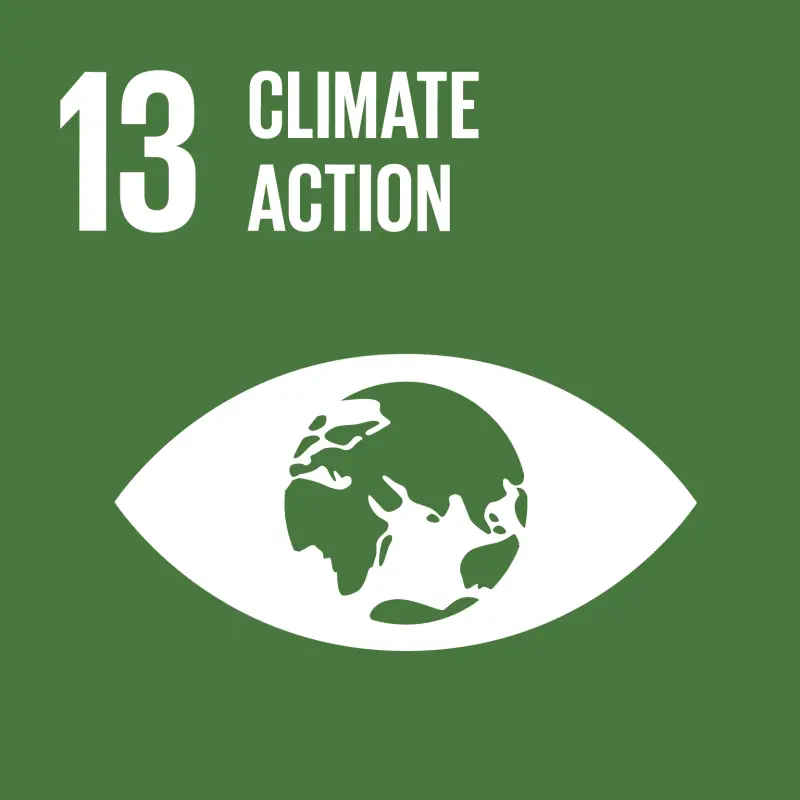
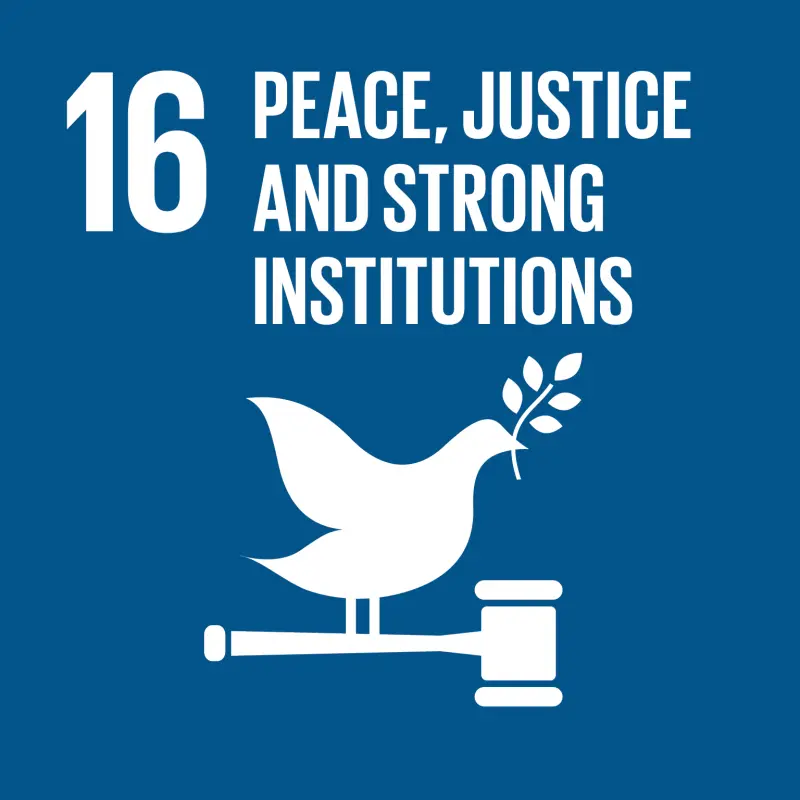
Verified Carbon Standard Carbon Credits – Solar Cooking in Asia
This project is installing 49,000 solar cookers for a rural population. The project is located on the rural area of Ganzhou District of Zhangye, Gansu province in northwestern China.
The solar cookers provide invaluable equipment to local and remote residents. The rating power of each cooker is 910 W. The project aims to deliver a total capacity of 44.59 MW.
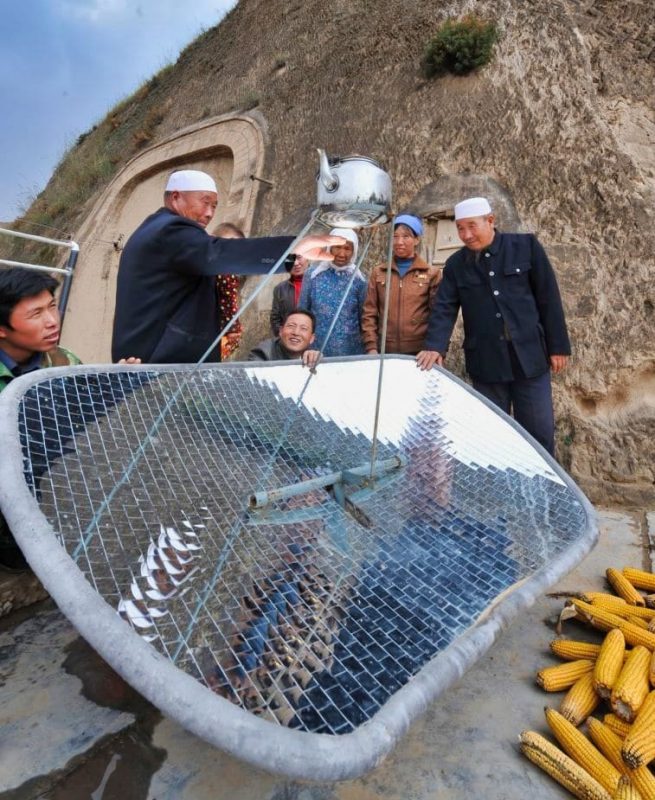
The project enables the rural residents to efficiently substitute solar energy for fossil fuel, or more specifically coal. Coal is one of the most carbon intensive fuel sources around. The cookers can be used in daily cooking and water boiling, avoiding greenhouse gas emission that would be generated by fossil fuel consumption.
This project is a verified carbon credit, under the Verified Carbon Standard (VCS) carbon offset scheme. VCS is the world’s largest carbon offset scheme and is well regarded.
Where to Buy Carbon Offsets
Circular Ecology can provide carbon offsets to businesses, using carbon credits from Gold Standard, Verified Carbon Standard or Plan Vivo. We have carbon offset registry accounts for all three of those well respected offset certification schemes. For volumes over 500 tCO2e, please contact us at Circular Ecology.
To offset your carbon now, please see our store:
Offset NowFurther Information
If you would like to discuss carbon offsets, please contact us.
Webinar Recap: ICE Insights: Are All EPDs Created Equal?
On Thursday, 22nd May, Circular Ecology hosted the third instalment in the ICE Database Insights [...]
May
Webinar Recap: ICE Insights: ICE Analytical Review Processes
On Wednesday, April 30th, Circular Ecology hosted the second session of our ICE Database Insights [...]
Apr
Webinar Recap: ICE Insights: Data Quality Scoring
On Thursday, April 10th, Circular Ecology launched the first session of our ICE Database Insights [...]
Apr
Webinar Recap: Product Carbon Footprinting, LCA, and EPDs
On Wednesday, April 3rd, Circular Ecology delivered our fourth webinar of 2025: Product Carbon Footprinting, LCA, [...]
Apr
